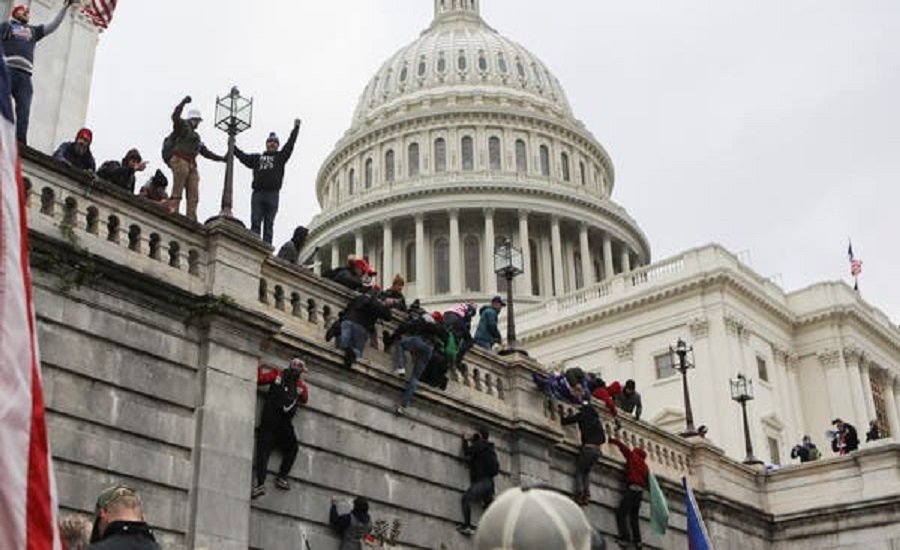
Musaddique Thange
CHARLES DE GAULLE, the French President who led his country against Nazi Germany once famously said, ”Patriotism is when love of your own people comes first; nationalism, when hate for people other than your own comes first.”
This stark contrast between patriotism and nationalism is now more apparent than ever, with the latter resurgent around the world in a way that calls into question the sentiments millions of people who love their respective countries, races and religions have for each other. Is it love for “our people,” or hate for “others?”
The events at Capitol Hill on January 6 have been called an assault on democracy by a riotous mob and a fascist act incited by a rogue President. While these descriptions may be accurate, they do not identify the emotion that motivated hundreds of people from around the country to assemble at Capitol Hill, to engage in violence while on camera, and to put their own lives and livelihoods on the line in order to prevent what they were led to believe was a grave injustice. That underlying emotion was one of hate and indignation, and it was building up long before Donald Trump became President. Trump only accelerated its growth, serving as a catalyst to help it reach a tipping point until it found expression in the violence last Wednesday that claimed five lives.
The Capitol Hill attack, while rightfully considered as a dark chapter in US history, did not happen in isolation. The mainstreaming of far-right ideas once espoused only by fringe groups, is part of a global pattern of several countries gravitating towards virulent forms of nationalism. From the popularity of the rabid Hindu nationalist government in India and the rise of Buddhist “nationalist” forces cheerleading the genocide of the Rohingya in Myanmar to the Ku Klux Klan finding common cause with the US President, hundreds of millions of people around the world are now increasingly identifying with (and voting for) a narrative that involves somehow restoring a “national glory” whose loss can be attributed to the “others,” usually immigrants, minorities and people of color.
The fact that millions of Trump voters continue to believe the election was rigged is not unrelated to the fact that the QAnon conspiracy theory movement, regarded by the FBI to pose a domestic terrorism threat now has their first elected representative to the US House of Representatives. Like the canard perpetuated by Hindu nationalist forces that 200 million Indian Muslims are “traitors” to their country, some of whom were marrying Hindu women as part of a “Love Jihad” campaign to subvert Hindu society, the QAnon movement has managed to get an online following of people who believe Trump is up against a cabal of Satan-worshipping, cannibalistic pedophiles that is running a global child sex-trafficking ring. In the age of fake news and social media, the megaphones of falsehoods and smear campaigns are louder and more powerful than ever, and they threaten not only law and order, but the very idea of what is meant by popular will.
Should we be intimidated by the support that “strong men” like Trump and Modi enjoy in their respective countries, or question the underlying falsehoods that catapulted these men to power?
Is Aung San Suu Kyi’s tacit support for the Rohingya genocide, including a defense of Myanmar at the International Court, somehow less alarming because she continues to be extremely popular in Myanmar?
In so much as these leaders came to power through democratic elections, with each having an ardent following of millions willing to take to the streets for them, they represent the will of their supporters. In that sense, even the shameful assault on the Capitol was, in the words of John Harris of Politico, “a perverse expression of democracy.”

